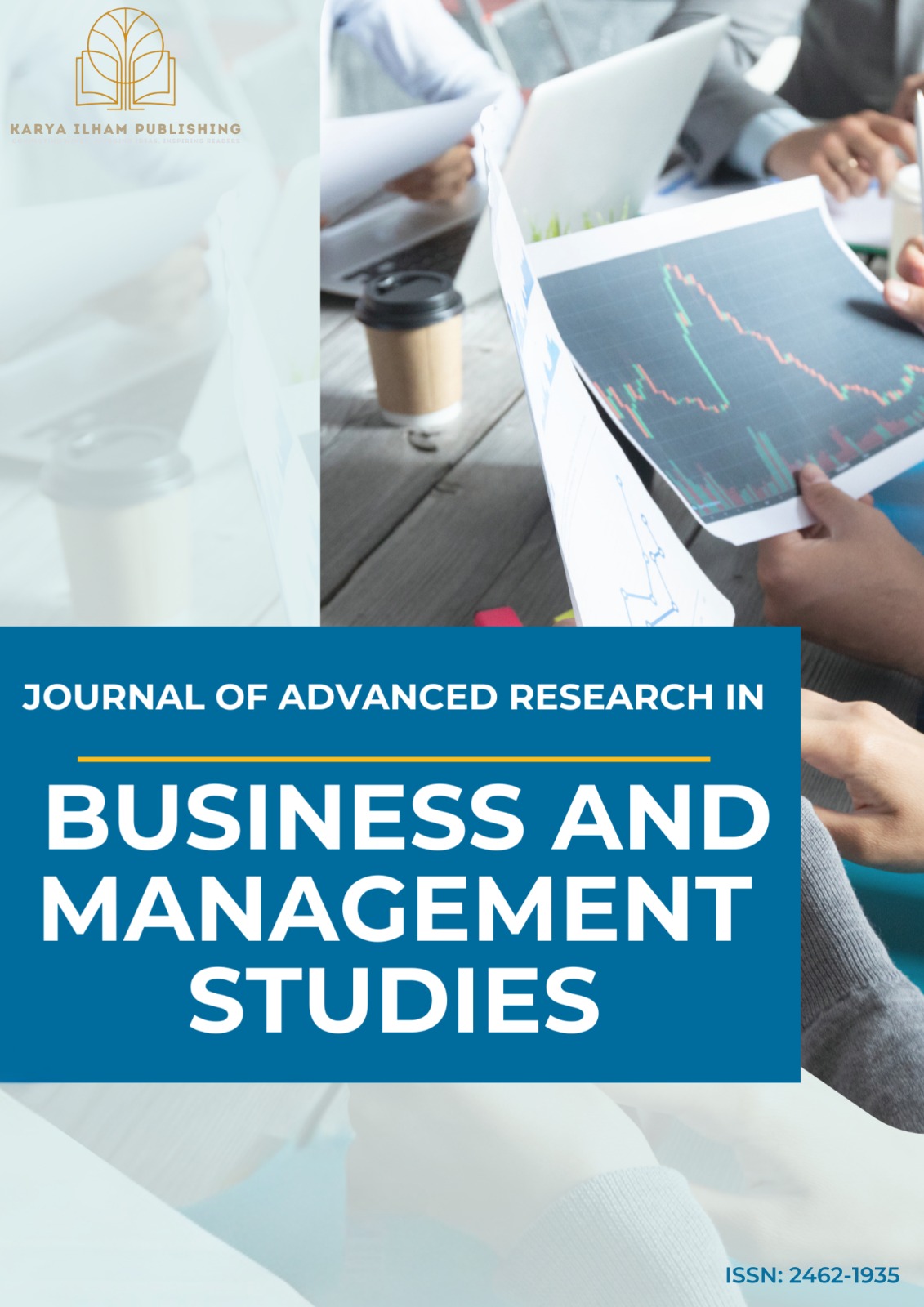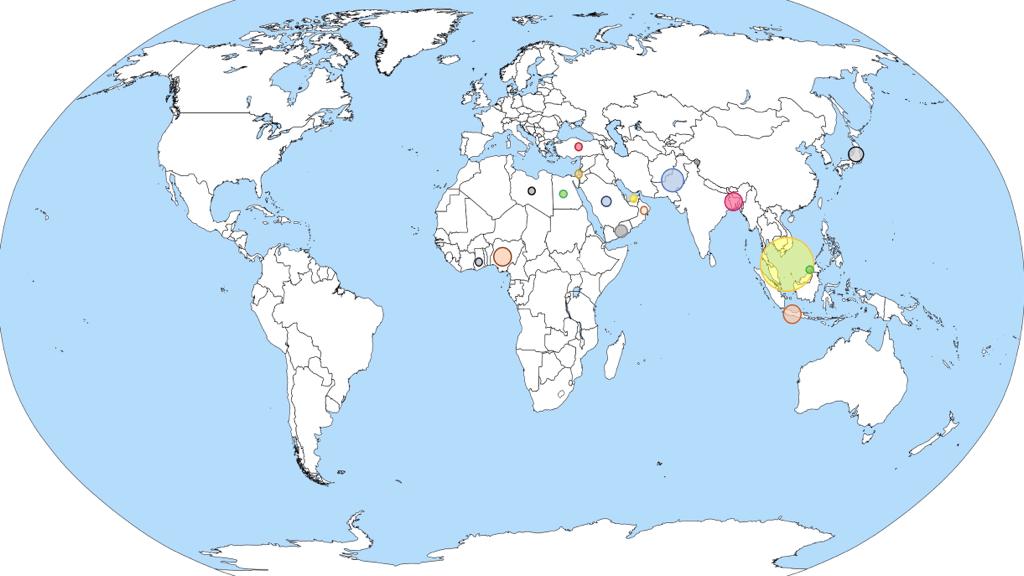From Local to Global: The Determinants of Export Performance in Java’s Furniture Industry
DOI:
https://doi.org/10.37934/arbms.39.1.7088Keywords:
Entrepreneurial orientation, innovation capabilities, government support, export performance, Indonesia, logistics managementAbstract
This study examines the factors influencing export performance (EP) among small and medium-sized enterprises (SMEs) in Java’s furniture industry. It evaluates the impact of entrepreneurial orientation (EO), innovation capability (INNO), and government support (GS) on EP. A cross-sectional quantitative approach was used, gathering 136 valid responses from furniture-exporting SMEs in Central Java. Data analysis through SPSS and SmartPLS assessed the relationships among EO, INNO, GS, and EP. Findings indicate that INNO significantly enhances EP, underscoring its role in global competitiveness. However, EO and GS showed no direct significant impact, suggesting their influence may be context-dependent or mediated by other factors. This highlights the need for SMEs to prioritize innovation strategies, such as sustainable production and advanced manufacturing, to enhance export success. For policymakers, the study suggests refining support mechanisms by reducing bureaucratic inefficiencies, providing targeted financial incentives, and fostering public-private partnerships. The findings challenge assumptions about EO’s universal relevance and emphasize the need for tailored government policies in resource-intensive industries. By demonstrating INNO’s dominant role over EO and GS, this study provides a nuanced perspective on SME export performance in emerging economies.

















